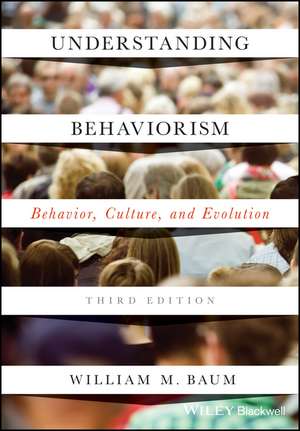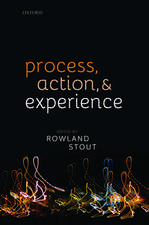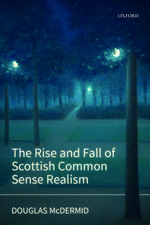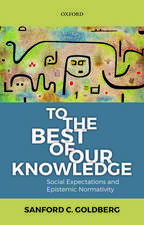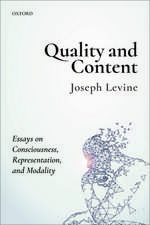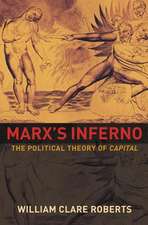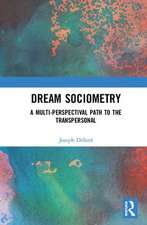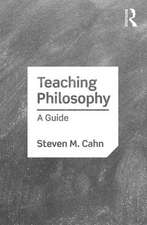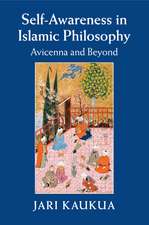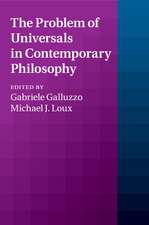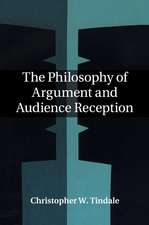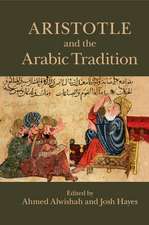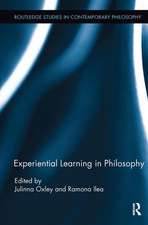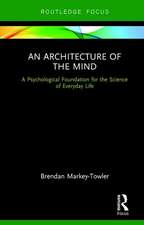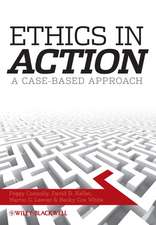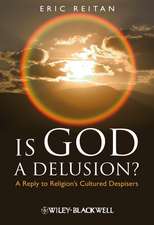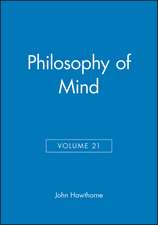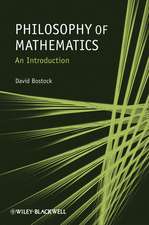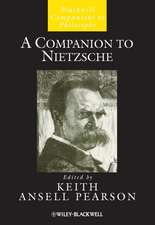Understanding Behaviorism – Behavior, Culture, and Evolution, Third Edition
Autor WM Baumen Limba Engleză Paperback – 27 feb 2017
Preț: 351.28 lei
Nou
Puncte Express: 527
Preț estimativ în valută:
67.22€ • 70.18$ • 55.63£
67.22€ • 70.18$ • 55.63£
Carte disponibilă
Livrare economică 15-29 martie
Livrare express 01-07 martie pentru 39.15 lei
Preluare comenzi: 021 569.72.76
Specificații
ISBN-13: 9781119143642
ISBN-10: 1119143640
Pagini: 320
Dimensiuni: 170 x 244 x 17 mm
Greutate: 0.54 kg
Ediția:3rd Edition
Editura: Wiley
Locul publicării:Hoboken, United States
ISBN-10: 1119143640
Pagini: 320
Dimensiuni: 170 x 244 x 17 mm
Greutate: 0.54 kg
Ediția:3rd Edition
Editura: Wiley
Locul publicării:Hoboken, United States
Public țintă
Undergraduates, graduate students and scholars of behaviourism and psychology; professionals, philosophers, and those interested in further understanding human behaviorNotă biografică
William M. Baum is Professor Emeritus at the University of New Hampshire and a Research Associate at University of California, Davis. He taught for seven years at Harvard University and for more than twenty years at the University of New Hampshire. He has published over one hundred journal articles. These have presented quantitative laboratory research, theoretical contributions, and philosophical contributions. His research interests include choice, cultural evolution, behavioural processes, and philosophy of behaviour.
